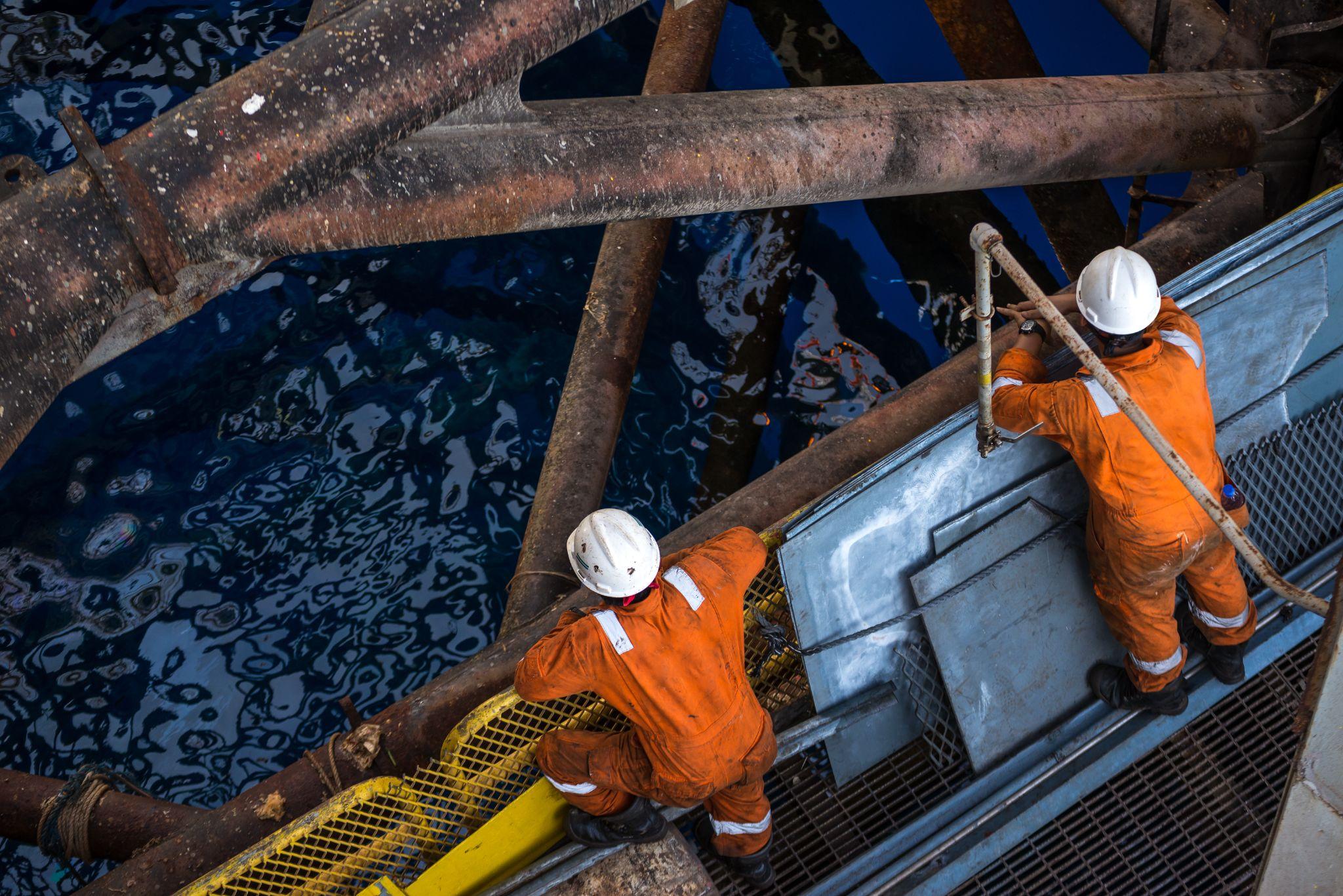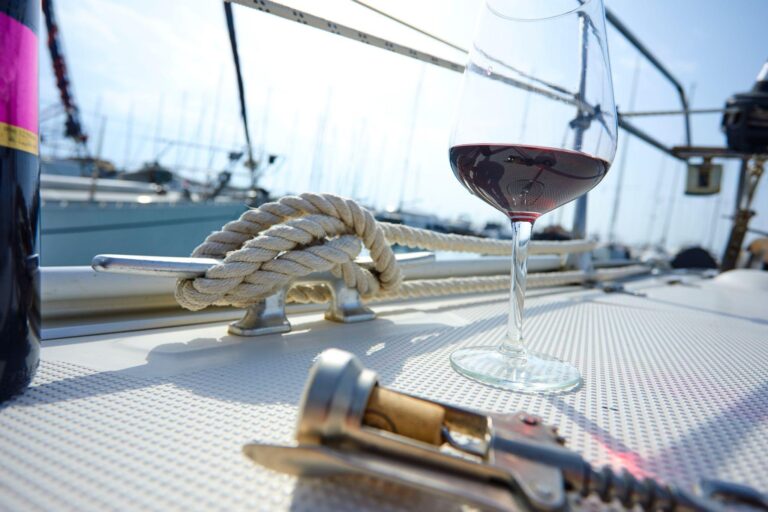Maintenance and cure benefits are a legal right of maritime workers who work in service of a vessel. Unlike the Jones Act, maintenance and cure coverage is no-fault, meaning that it is owed to the injured seaman regardless of who was at fault for their accident or illness.
Maintenance and cure is owed to an injured maritime worker beginning on the date of their injury and until they reach maximum medical improvement (MMI), or until they can return to duty. However, many employers try to limit these payments to a low daily rate for maintenance and use company doctors to say MMI has been reached when there are still curative treatments available.
What Should Be Covered Under Maintenance and Cure?
Maintenance and cure coverage applies to injuries and illnesses that develop while in service to a vessel. It does not matter if the injury or illness is directly related to their work duties or whether they share fault for their condition. These benefits should cover:
- Rent or mortgage payments
- Groceries and prepared food
- Homeowners insurance and taxes
- Necessary utilities, including electricity, water, and heating fuel
- Transportation to medical appointments and treatments
- Reasonable medical expenses, including hospital and doctor bills
- Medication and laboratory tests
- Necessary medical equipment and supplies
- The right to choose your own doctor
What Expenses Are Not Covered Under Maintenance and Cure?
Most maritime employers offer a fixed rate for maintenance—usually $15–$30 per day. This standard offering can be contested if your living expenses total more than the offered rate. Medical expenses which are not considered “curative” may not be covered.
You may be able to receive additional compensation under other maritime laws like the Jones Act; however, under the strict rules of maintenance and cure, these expenses are typically not covered:
- Telephone or cell phone service
- Internet service
- Cable TV or streaming subscriptions
- Loan and credit card payments
- Clothing beyond what might be provided on board
- Gasoline and fuel costs not related to medical transportation
- Elective medical treatments which are “palliative” or comforting in nature
- Treatment for pre-existing conditions
- Medical expenses after maximum medical improvement is reached
- Compensation for pain and suffering
- Permanent disability payments
- Punitive damages
When Maintenance and Cure Benefits Are Not Enough
There are some standard tactics shipowners use to deny valid claims for maintenance and cure and willfully refuse to pay the basic benefits to which you are entitled. Even if they were at least partially at fault for your injury, they might:

- Attack your status as a “seaman” by saying you were not in service to the vessel at least 30% of the time.
- Have insurance company doctors say that your injuries are not serious or that you failed to disclose a pre-existing condition.
- Encourage you to sign or record statements where you take the blame for an accident or confirm you have reached MMI.
When you are denied the basic coverage of maintenance and cure, or if your injury or illness was caused by unsafe conditions onboard the vessel, you may be able to file a lawsuit under the Jones Act, the Longshore and Harbor Workers’ Compensation Act, or general maritime laws regarding unseaworthiness of a vessel. These legal actions may allow you to receive a large disability settlement and compensation for pain, suffering, and loss of earning potential.
If you are facing a long recovery, permanent disability, or loss of income, the best step may be to speak to a maritime lawyer before you sign away your rights to file a lawsuit. You can speak to an experienced maritime attorney at no cost and find out the full extent of your legal rights today. Don’t wait to contact the Maintenance and Cure team of attorneys at Schechter, Shaffer & Harris for sound legal advice if you or a loved one was injured at sea.







